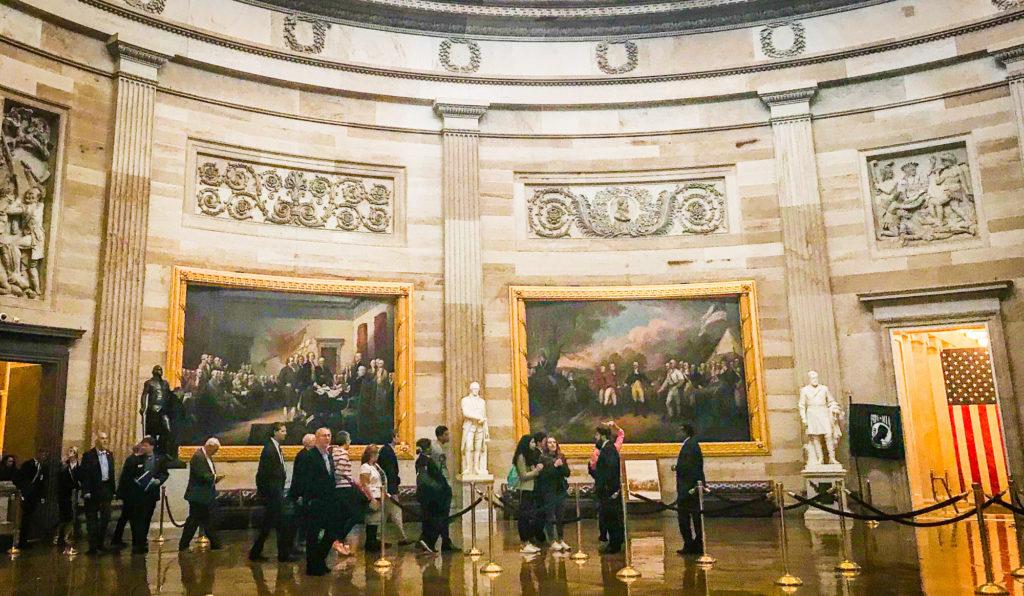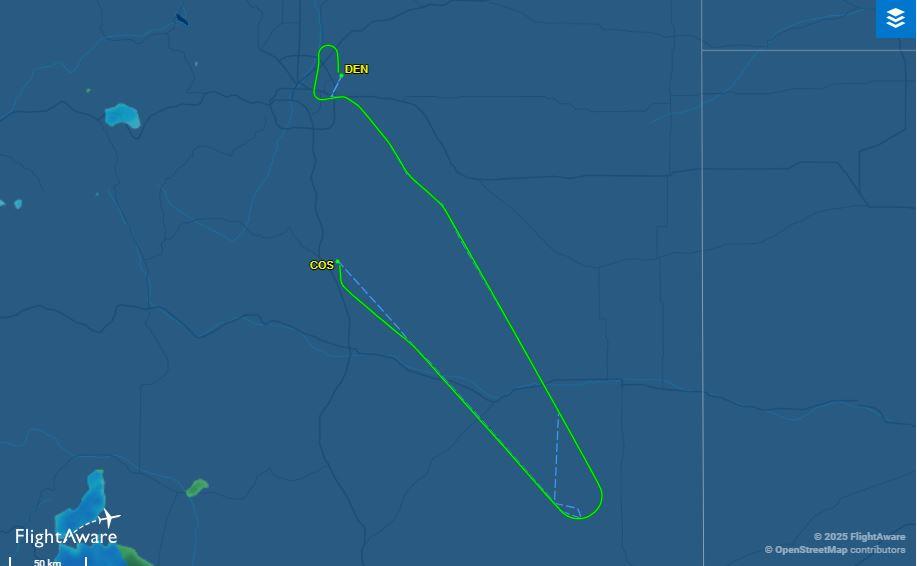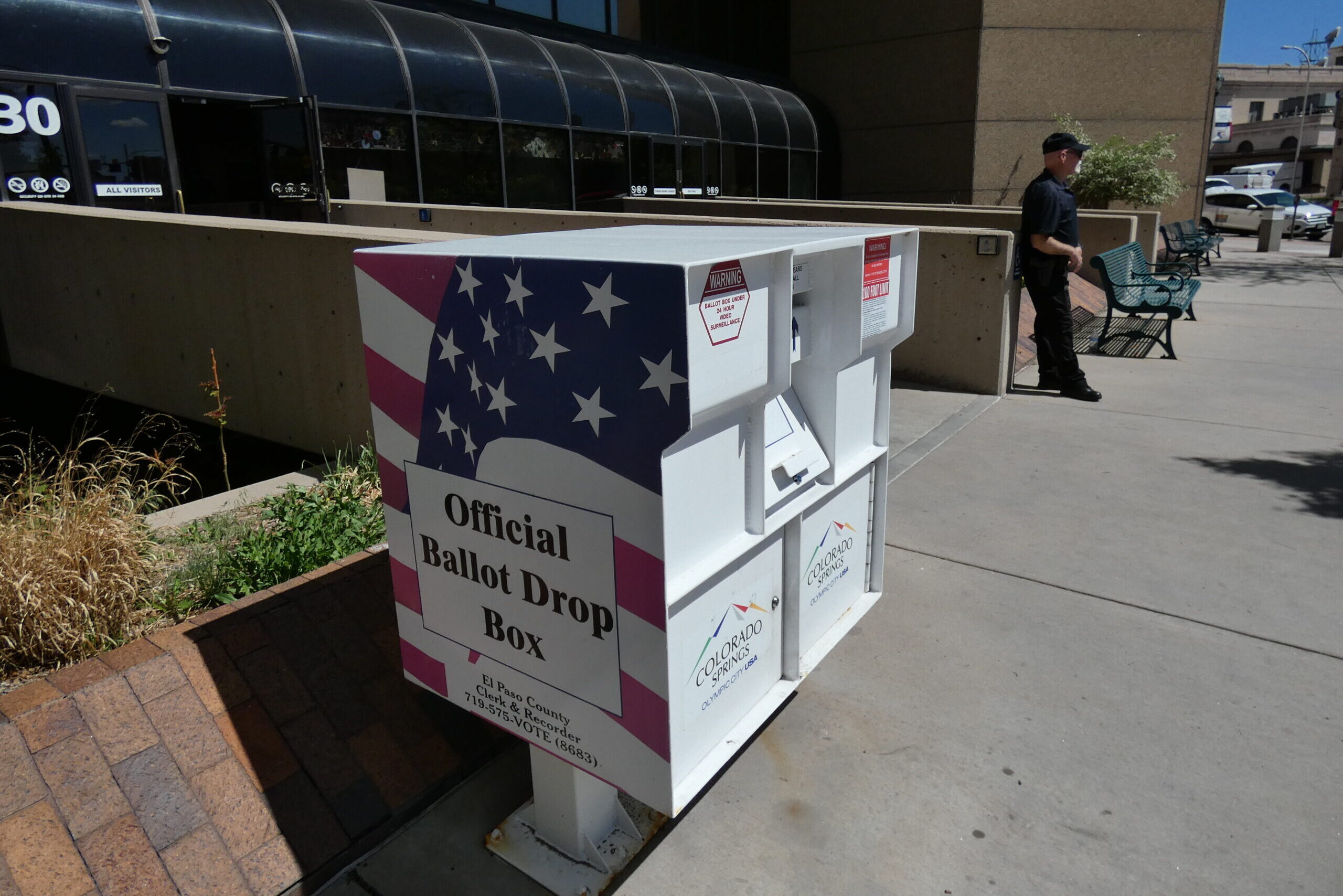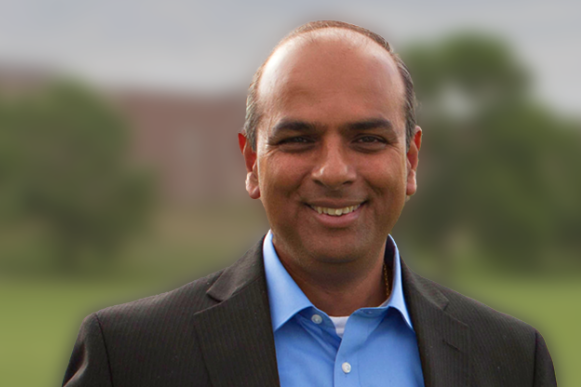
It’s safe to say that 16-year-old Loveland High School student Daniel Lange is interested in politics. He’s involved in student government and is the Junior Class President. So when he had the opportunity to apply to become a member of the Loveland Youth Advisory Commission he didn’t hesitate.
“We serve as youth advocates so we’re kind of the voice for the youth on issues and then we figure out solutions based on our youth perspective,” he explained.
More state and local governments are turning to Youth Advisory Commissions — or YACs — to get a different perspective on policy issues. Loveland’s YAC pulls its 16 members from schools across the city. They meet once a month, complete with an agenda and reports on what the city council and the other commissions are doing.
Lange said when he heard about YAC he was excited for the opportunity to deal with bigger issues than what he sees in school government.
“YAC just provided a great outlet to our community and things to do in our community. We’ve worked on transportation and substance abuse and all that,” Lange said. “But it makes a bigger impact in our community rather than just school.”
Before the recent wave of coronavirus shutdowns, Lange and four of his fellow youth commissioners had an opportunity to try to make an impact on an even bigger level. They were part of the youth program for the National League of Cities' congressional conference. They got to hear from House Speaker Nancy Pelosi and former Republican Speaker Paul Ryan, as well as sit in on breakout sessions on topics ranging from the census to affordable housing.
Mountain View High School student Eloise Nelson, 17, has been on the commission for two years. While she relishes the opportunity to get a better understanding of Congress and to hear from federal leaders, she has a different idea for what really drives policy.
“The big changes that happen in our towns and our cities don’t start at the federal level or even at the state level but actually in our communities,” she said. “And I think that I’ve been given this opportunity and it’s really impacted the way I see policymaking.”
Nelson points out all the kids on the council are full-time students, involved in extracurricular activities or have part-time jobs. But that doesn’t stand in the way of wanting to be involved — especially politically.

In Washington D.C., which they got to visit before school districts started canceling travel due to the coronavirus, they had a chance to meet and mingle with other like-minded young adults — as well as members of Colorado's Congressional delegation.
And like any good future politician, their goal wasn’t just to rub elbows but to exchange ideas and be exposed to diverse perspectives.
“I don’t think we get those voices as much in Loveland and in our own friend group and communities,” Nelson said. “So I’m really excited for the different voices we’re going to hear, just collaborating with the other youth here.”
Those voices spanned the gauntlet, from rural to urban, Democrat to Republican. And it for many participants, just that variety was inspiring.
Autumn Zhou, Loveland youth commissioner, explained that last year’s conference led members of the city’s YAC to get involved in the Vote 16 effort, a push to allow younger voters to participate in local elections. They learned about it from their fellow youth commissioners “and were just totally inspired by these other youth doing these movements and initiatives.”
While the Vote 16 idea hasn’t taken off in Loveland, the experience did teach YAC the sting of political disappointment and how to get up from it. The YAC re-focused on other issues, such as mental health and vaping.
Zhou says their group is also on the hunt for ideas this year that will help their communities, as well as sharing what has worked for them in Loveland. The initiative the YAC is most excited to share is their Thompson Teens United project, which focuses on the benefits of NOT using drugs.
Fellow 16-year-old commissioner Emma Liakas, also from Thompson Valley High School, said it’s not always easy for the commission to be taken seriously by adults.
“They don’t think we have enough experience. That’s the biggest thing I get from adults who are skeptical about what we do as a commission,” she said.
Delaney McNally, a 17-year-old commissioner from Loveland High School, says being around other youth delegate members, from Colorado and across the country, helps bolster her commitment to getting active in public policy.
“Because there’s so much skepticism, I think it’s encouraging to see so many engaged youth and active youth who are trying to make a positive change in their community,” she said.
The conference also gave these teens more time to get to know each other, as well as members of the city council, better. They exchanged ideas and learned about the practicalities of actually implementing them.
For the young participants, the hope is that all of these experiences will aid in the youth advisory commission’s overall goal: to make positive change for their peers and for the city of Loveland at large.
“We try to help promote that the youth voice doesn’t get run over and lost in the deck of cards,” McNally said.







